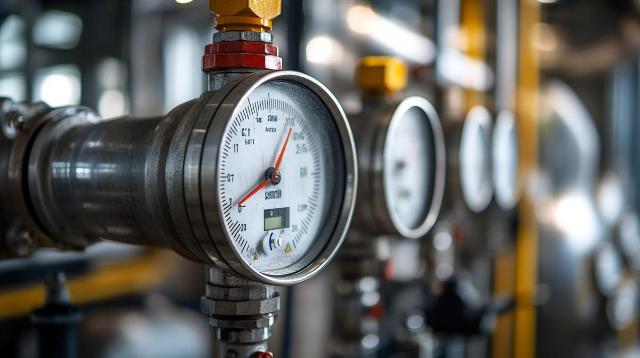Energy Audits in Florida: A Comprehensive Guide for Businesses
In recent years, the importance of energy efficiency has become increasingly apparent, particularly in states like Florida where energy consumption is high due to the warm climate. Energy audits have emerged as a crucial tool for businesses looking to optimize their energy use, reduce costs, and minimize their environmental impact. By systematically evaluating energy consumption patterns, businesses can identify inefficiencies and implement strategies to enhance energy performance. This article delves into the significance of energy audits for businesses in Florida, exploring the different levels of audits available and their benefits.
Importance of Conducting Energy Audits for Businesses
Conducting energy audits is vital for businesses aiming to improve their energy efficiency and reduce operational costs. An energy audit provides a detailed analysis of a company's energy use, identifying areas where energy is wasted and recommending measures to enhance efficiency. In Florida, where energy costs can be substantial due to the need for air conditioning and other climate control measures, energy audits can lead to significant savings.
One of the primary benefits of energy audits is cost reduction. By identifying inefficient systems and processes, businesses can implement changes that lead to lower energy bills. For instance, upgrading to energy-efficient lighting or optimizing HVAC systems can result in substantial savings. Additionally, energy audits can help businesses qualify for rebates and incentives offered by utility companies and government programs, further reducing costs.
Beyond financial savings, energy audits contribute to environmental sustainability. By reducing energy consumption, businesses can lower their carbon footprint, aligning with global efforts to combat climate change. This not only benefits the environment but also enhances a company's reputation as a socially responsible entity.
In Florida, businesses can choose from different levels of energy audits, each offering varying degrees of detail and analysis. The energy audit level 1 services provide a preliminary assessment of energy use, identifying major areas of inefficiency. This level is ideal for businesses seeking a quick overview of their energy performance.
Detailed Energy Assessment - Level 2
For businesses requiring a more comprehensive analysis, the detailed energy assessment - level 2 offers an in-depth evaluation of energy systems. This level involves a thorough examination of energy consumption patterns, equipment performance, and operational practices. It provides detailed recommendations for energy-saving measures, including cost-benefit analyses and potential return on investment.
A level 2 audit is particularly beneficial for businesses with complex energy systems or those planning significant upgrades or renovations. By understanding the intricacies of their energy use, businesses can make informed decisions about investments in energy-efficient technologies and practices. This level of audit also helps in setting realistic energy-saving goals and tracking progress over time.
Implementing the recommendations from a level 2 audit can lead to substantial energy savings and improved operational efficiency. For example, businesses might discover opportunities to integrate renewable energy sources, such as solar panels, into their energy mix. This not only reduces reliance on traditional energy sources but also positions the business as a leader in sustainability.
Conclusion
Energy audits are an essential tool for businesses in Florida seeking to enhance their energy efficiency and reduce costs. By providing a detailed analysis of energy use, audits help identify inefficiencies and recommend actionable measures for improvement. Whether opting for a preliminary level 1 audit or a comprehensive level 2 assessment, businesses can benefit from reduced energy bills, improved sustainability, and a stronger reputation for environmental responsibility. As energy costs continue to rise and environmental concerns grow, conducting regular energy audits will remain a critical strategy for businesses aiming to thrive in a competitive market.

